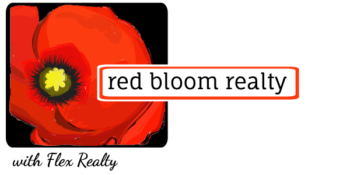It is easy to sometimes get lost in the world of real estate terminology. That’s why each week I blog to explain different terms and vocabulary that you should understand when buying or selling a home.
This week is focused on the term “private mortgage insurance.”
Private mortgage insurance, also known as PMI, is something you may have to pay if you have a conventional loan and use a low downpayment. Although it’s not universal, typically PMI is required when less than 20% is being used as the downpayment. Note, this would not necessarily be an issue for special mortgage programs (first-time homebuyer, VA/FHA, and even some conventional loans with higher interest rates).
It’s important to note that it protects the LENDER, not the buyer. In cases such as when a homeowner stops making payments, the PMI protects the lender, who took more risk by allowing a loan with a small downpayment. It is also important to note that it does NOT protect the homeowner from foreclosure in those instances. Remember, it protects the lender.
PMI usually becomes part of the homeowner’s monthly payment and price varies — often costing from .5% to 1% of the loan. Once the homeowner has earned 20% equity in the home through payments on principal (meaning not on interest and escrow), the PMI payment will stop. But, depending on the original downpayment amount, that might take many years.
You should explore the details of different program with a lender you trust. If you need a referral to a good lender, don’t hesitate to get in touch, and I’ll be happy to connect you.
- Gary A. Miller
- 919-428-7469
- gary@redbloomrealty.com


